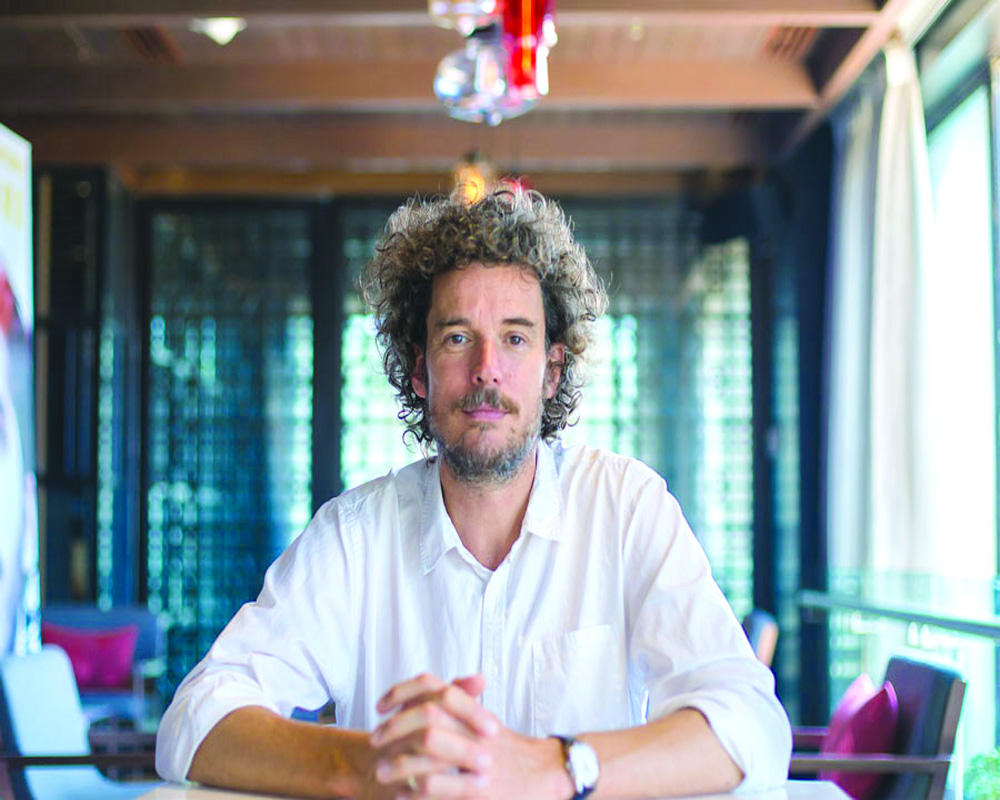Director Garth Davis shares that women have been silenced for far too long, and if he can help unearth their stories, he will. By Team Viva
What prompted you to make Mary Magdalene as one may not call it a ‘commercial film’ for the masses?
I think rarely do ‘commercial films for the masses’ delve deep. So unless they do, I won’t be playing. Ultimately, I was moved by this script because of its deep mediation on spirituality and humanity. I am not religious, but this version of the story really resonated with me. I was particularly upset to learn how Mary has been misrepresented for thousands of years, so felt even more compelled to make it. Women have been silenced for far too long, and if I can help unearth their stories I will.
How much research went into the making? Were you at any point hesitant in going ahead with this subject since it may be controversial?
The script and every facet of production underwent immense research, from lots of different theological and historical texts, along with biblical and historical consultants — Jewish, Greek Orthodox, Catholic. We also drew from the Gospel of Mark, primarily, to the Gospel of Mary. The core team also visited Magdala at the ‘Sea of Galilee’, and Jerusalem, meeting various archeologists and historians. At first, I was hesitant, but that gave way to excitement… I also knew that whatever we make is always going to be less offensive than those films before us — films that have up until now ignored Mary’s truth and misrepresented women. An inexcusable travesty.
How important is it to stay true to the reality of the subject in a religiously sensitive film like this one? Does that affect the creative process?
In a way, this was about stripping away all the noise, the ideological arguments and getting back to the core message lost to institutions powered by control and guilt. The core message being that god is within us and we can change the world through our act of love and kindness.
You managed to bring together a powerful ensemble consisting of Rooney Mara, Joaquin Phoenix, Chiwetel Ejiofor and others. Could you tell us about working with this bunch of talented cast and crew?
This was the most talented cast and crew anyone could muster. We all felt we were making something profound and important, radical in a way that felt right.
What do you think may be the pull of this film for the Indian audience, who don’t follow Christianity?
This is not a religious film, rather a spiritual meditation on Jesus’s journey seen through the eyes of Mary. It explores universal themes of family, customs, gender politics, and brims with reality to detail. Indian audience, I hope, will appreciate the humanity this film holds… Something I experience in India every time I am there.
Were there any challenges in directing a film like this?
There is always this fear of misrepresenting figures so beloved. History is mostly about filling in the gaps from what we think we understand and what we know, and this subject matter holds such widely disparate views. So deciding on the path to take was felt with a real sense of responsibility. But it was invigorating to bring a reality to the landscapes and worlds, and a fresh dimension to Jesus seen through the eyes of Mary.
What are your forthcoming projects? If and how COVID have affected them?
I have a few things in various stages of development. And yes COVID has impacted them, largely through actors’ avails and border closures. It is frustrating on one hand, but this time at home with the family has been well needed.
(The film premieres on April 2 at 9 pm on Sony PIX.)


























